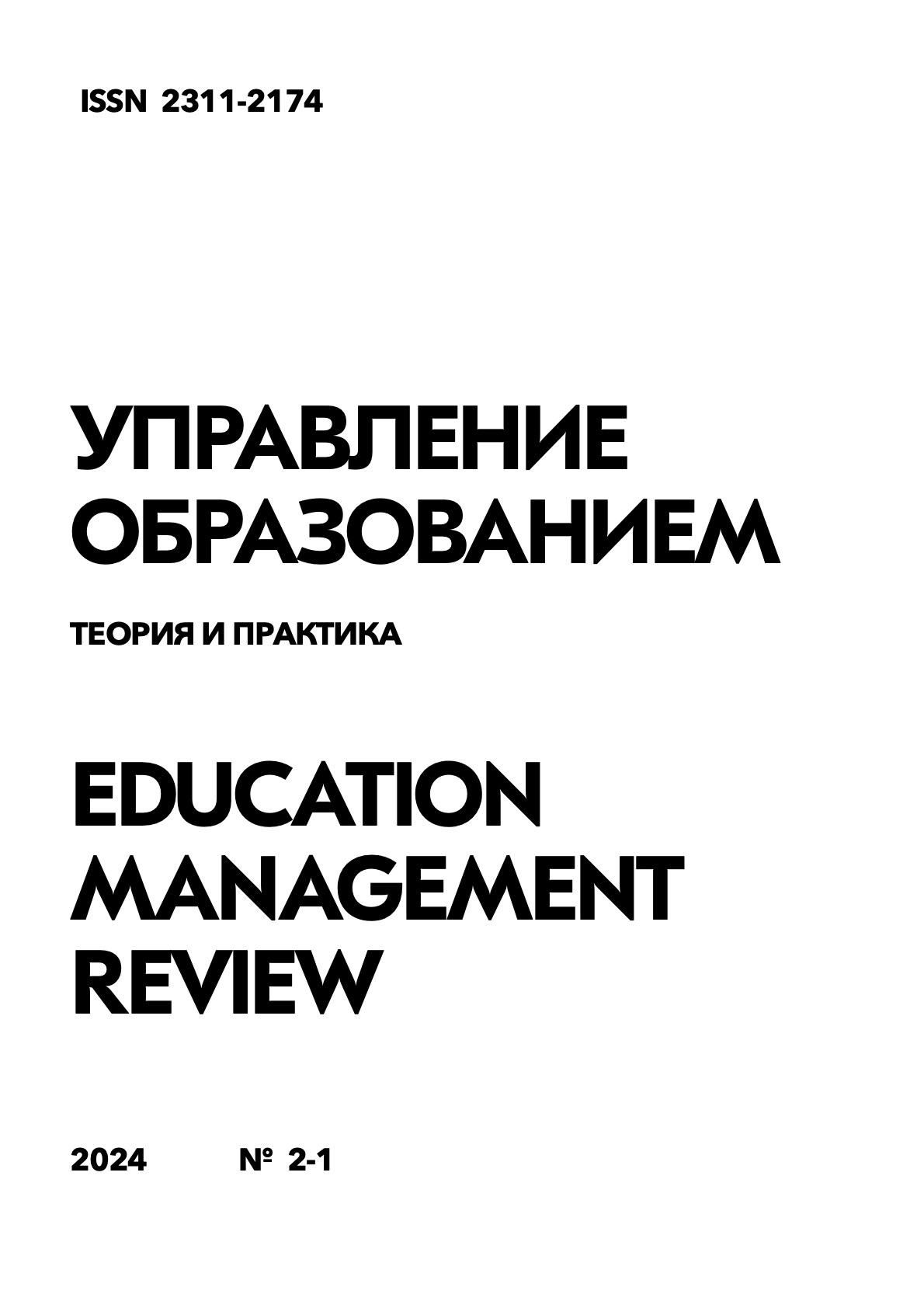Formation of intercultural competence among students of non-linguistic specialties in the process of learning English
DOI:
https://doi.org/10.25726/k3050-2429-1237-cKeywords:
intercultural competence, English, non-linguistic specialties, teaching methods, culture, communicationAbstract
This article examines the actual problem of the formation of intercultural competence among students of non-linguistic specialties in the process of learning English. The aim of the study is to identify effective methods and approaches to the development of intercultural competence that contribute to successful adaptation and interaction in a multicultural environment. The research materials used were scientific publications by domestic and foreign authors devoted to the problems of intercultural communication and English language teaching. The methodological basis of the work was based on competence-based, communicative and cultural approaches. In the course of the study, the theoretical aspects of the formation of intercultural competence were analyzed, the key components of this competence were identified and the pedagogical conditions for its development were determined. The results of the study showed that the effective formation of intercultural competence among students of non-linguistic specialties is possible with the integrated use of various teaching methods and technologies, such as role-playing games, case method, project activities, discussions, etc. It is established that an important role in the development of intercultural competence is played by the creation of an authentic language environment, immersion in the culture of the country of the studied language, as well as reflection on one's own cultural experience. The results obtained can be used in the practice of teaching English at a university to increase the level of intercultural competence of students and prepare them for effective interaction in a global multicultural space.
References
Батунова И.В. Процесс обучения иностранному (английскому) языку в неязыковых вузах // МНИЖ. 2017. № 1-3(55). С. 25-27.
Вавилова Е.О. Профессионально-ориентированное обучение иностранному языку в неязыковом вузе // Эпоха науки. 2020. № 21. С. 197-199.
Виноградова Е.Н., Клобукова Л.П. В поисках золотой середины: дистанционное обучение онлайн и офлайн // Вестник Российского университета дружбы народов. Серия: Вопросы образования: языки и специальность. 2018. № 2. C. 195-209.
Каримова Л.Р. К вопросу о технологиях активизации обучения английскому языку в неязыковом вузе // Наука и образование сегодня. 2019. № 3(38). С. 69-70.
Кондрахина Н.Г, Южакова Н.Е. Дидактические основы интеграции комплекса медиаматериалов в процессе обучения иностранному языку в вузе // Мир науки, культуры, образования. 2022. № 1(92). C. 44-47.
Коржанова А.А., Лаврик Г.В. Примерная программа общеобразовательной учебной дисциплины «Английский язык» для профессиональных образовательных организаций. М.: Издательский центр «Академия», 2015. 24 с.
Лихачева О.Н. Специфика процесса обучения иностранному языку в неязыковом вузе // Электронный сетевой политематический журнал» Научные труды КубГТУ». 2016. № 5. С. 178-188.
Мешков Н.И., Яшкова А.Н. Мотивация учебной деятельности студентов младших курсов // Проблемы современного педагогического образования. 2020. № 66-2. С. 331-335.
Мусаелян И.Ф. Контроль как основа эффективного обучения иностранному языку студентов неязыковых вузов // Мир науки, культуры, образования. 2022. № 2(93). C. 48-51.
Перчаткина В.Г., Зиятдинова Ю.Н. Современные онлайн приложения и их роль в саморазвитии студентов вуза в процессе иноязычной подготовки // Национальная ассоциация ученых. 2023. № 86-3. C. 39-42.
Примерная программа по дисциплине «Иностранный язык» для подготовки бакалавров (неязыковые вузы). М.: ИПК МГЛУ «Рема», 2011. 32 с.
Санакоева З.Г. Эффективные методы и стратегии преподавания иностранных языков в разноуровневых группах // Мир науки, культуры, образования. 2023. № 1(98). C. 62-64.
Соколова Н.И. Значение мотивации студентов к обучению иностранному языку в неязыковом вузе // МНКО. 2022. № 4(95). С. 122-125.
Тулабаева Г.Т., Сайдалиева Д.З. К вопросу выбора методов обучения английскому языку в неязыковых вузах // Academy. 2020. № 2(53). С. 30-32.
Урманова Л.Э. Дискуссионные технологии в процессе обучения английскому языку студентов неязыкового вуза // Евразийский Союз Ученых. 2017. № 12-3(45). С. 18-21.
Швалова Г.В. Формирование мотивации студентов технического вуза при изучении профессионального иностранного языка // Научно-методический электронный журнал «Концепт». 2012. № 11(15). С. 46-51.




